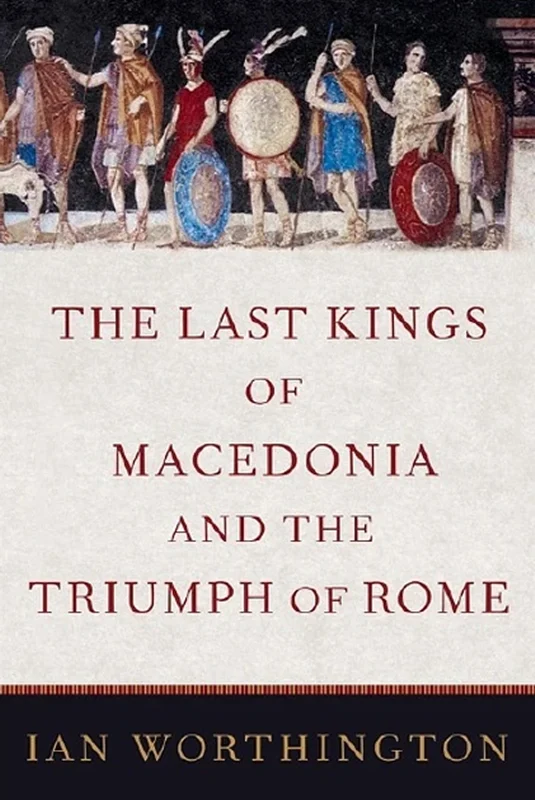The Last Kings of Macedonia and the Triumph of Rome
Ian Worthington, 0197520057, 9780197520055, 978-0197520055, 978-0-19- 752005-5, B0BWYWMBGH
English | 2023 | PDF | 24 MB | 321 Pages
In the history of ancient Macedonia, the last three Antigonid kings--Philip V (r. 221-179), his son Perseus (r. 179-168), and the pretender Andriscus or Philip VI (r. 149-148)--are commonly overlooked in favor of their predecessors Philip II (r. 359-336) and his son Alexander the Great (r. 336-323), who established a Macedonian empire. By the time Philip V became king, Macedonia was no longer an imperial power and Rome was fast spreading its dominance over the Mediterranean. Viewed as postscripts to the kingdom's heyday, the last Macedonian kings are often denounced for self-serving ambitions, flawed policies, and questionable personal qualities by hostile ancient writers. They are condemned for defeats by Rome that saw both the end of the monarchy and the fall of the formidable Macedonian phalanx before the Roman legion.
In The Last Kings of Macedonia and the Triumph of Rome, Ian Worthington reassesses these three kings and demonstrates how such denunciations are inaccurate. Producing the first full-scale treatment of Philip V in eighty years and the first in English of Perseus and Andriscus in more than fifty, Worthington argues that this period was far from a postscript to Macedonia's Classical greatness and disagrees that the last Antigonid kings were merely collateral damage in Rome's ascendancy in the east. Despite superior Roman manpower and resources, Philip and Perseus often had the upper hand in their wars against Rome. As Worthington asserts, these kings deserve to be remembered for striving to preserve their kingdom's independence against staggering odds.

